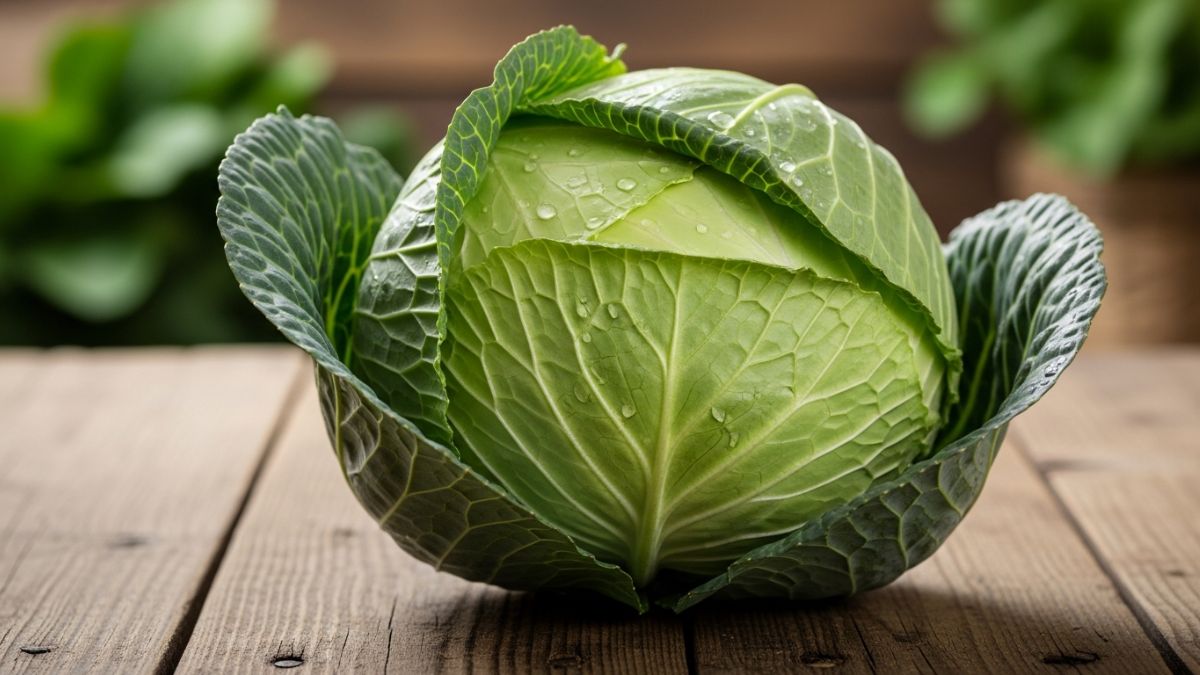In recent years, the humble Indian gooseberry - amla - has earned a strong reputation as a superfruit. Packed with vitamin C, antioxidants, polyphenols and fibre, it features in traditional systems like Ayurveda and is now backed by modern research. But what really happens when you include amla in your daily diet? From immune-support and heart health to digestion and weight management, here's a breakdown of the benefits, how to eat it, and whether daily consumption is safe.
Also Read: Want Your Kids To Eat Amla? 4 Fun Amla Recipes To Include This Superfood In Their Diet
Health Benefits of Amla
1. Rich in Vitamin C & Antioxidants
Amla stands out for its high vitamin C content, which supports immune function, tissue repair, and antioxidant defence. A 100-g serving delivers more vitamin C than two dozen oranges. Beyond vitamin C, amla contains phytochemicals like gallic acid, ellagic acid and flavonoids that contribute to its antioxidant effects. A study published on the Journal Of Science And Technology noted these compounds help protect cells from oxidative stress, support detoxification and modulate inflammation.
2. Heart & Cholesterol Support
There is emerging human trial data indicating that amla extract may help improve lipid profiles. For instance, one randomized, double-blind, placebo-controlled study on National Library Of Medicine in patients with dyslipidemia found that 500 mg of amla extract twice daily for 12 weeks significantly reduced total cholesterol, LDL-cholesterol and triglycerides. These findings suggest that eating amla regularly could play a role in cardiovascular health when paired with lifestyle factors - though more large-scale research is needed.
3. Weight Loss
An open-label trial by Karger Publishers showed reduced visceral fat, waist circumference and body age when obese participants took an amla extract for 90 days. This means that amla is also a great food to add to your weight loss diet.
4. Blood Sugar & Metabolic Health
While less abundant in trials, there is promising evidence for amla's metabolic effects. A study at NutraIngredients.com involving participants with metabolic syndrome found that supplementing with amla extract improved endothelial function and reduced oxidative stress markers after 12 weeks. The fibre content in amla helps slow sugar absorption and may assist blood-glucose regulation.
Thus, daily amla may support metabolic health - especially when combined with good diet and exercise.
5. Digestion, Immunity & More
Traditional texts and modern articles alike highlight amla's role in digestion, gut health and immune support. For example, it has been used to soothe gastrointestinal inflammation, support detoxification and protect respiratory health. In short: regular consumption of amla can reinforce the body's antioxidant defences, support immune & digestive systems and help overall resilience.

Eating amla regularly is good for you.
Best Ways To Eat Amla
Incorporating amla into daily meals is simple and versatile:
- Fresh fruit: Eat a small fresh amla (washed and cleaned) as a morning snack.
- Juice or smoothie: Blend amla pieces with honey, ginger and water for a tangy wellness drink.
- Powder: Use amla powder in smoothies, yoghurt or sprinkle over salads.
- Pickle or chutney: Traditional Indian recipes use amla in tangy pickles or chutneys - ideal with roti or rice.
- Cooked dishes: Although cooking may reduce some nutrients, using amla in curries or dals still provides fibre and beneficial compounds.
Tip: If eating raw, the tartness can be strong. Mix with a little salt, honey or jaggery for taste and easier consumption.
Can You Eat Amla Daily?
Yes - generally speaking, daily consumption of amla is safe and can be beneficial, provided you're healthy. In the 18-week randomized crossover study published at Directory of Open Access Journals, healthy adult subjects taking 500 mg of amla per day showed improvements in vascular function and oxidative-stress markers with no significant adverse effects.
However, a few caveats:
- If you're on blood-thinning medication, or have known low blood-sugar issues, consult your doctor - because strong antioxidant/anti-inflammatory foods may interact in subtle ways.
- Always consider quality: Fresh fruit is best; if using extracts or powders, source from reputable brands.
- Don't rely solely on amla - it supports health but is not a magic bullet. A balanced diet + active lifestyle still matter most.
- If consuming large doses (supplements) or having underlying conditions (e.g., liver or kidney disease), consult a healthcare provider.
Also Read: How To Make Instant Amla Achar In Just 15 Minutes (Recipe Inside)

Amla offers many health benefits.
Photo Credit: Canva
Making amla a daily habit could be one of the easiest wellness upgrades: a small piece of fruit, a splash in your smoothie, or a spoonful of powder can deliver notable nutrients. The evidence suggests that using amla regularly supports antioxidant defence, cardiovascular health and metabolic balance - and it performs doubly well when paired with healthy habits. While not a substitute for medical care, including amla daily offers a time-tested, scientifically backed boost to your nutrition toolbox. So next time you see that bright green orb in the market, consider giving your health that little "gooseberry nudge".
About Neha GroverLove for reading roused her writing instincts. Neha is guilty of having a deep-set fixation with anything caffeinated. When she is not pouring out her nest of thoughts onto the screen, you can see her reading while sipping on coffee.









